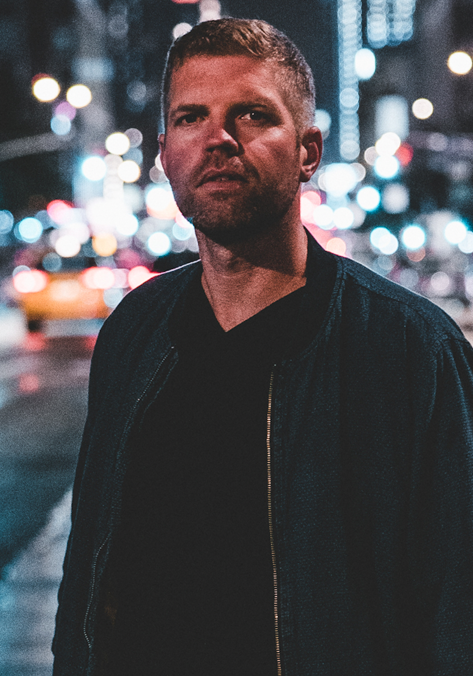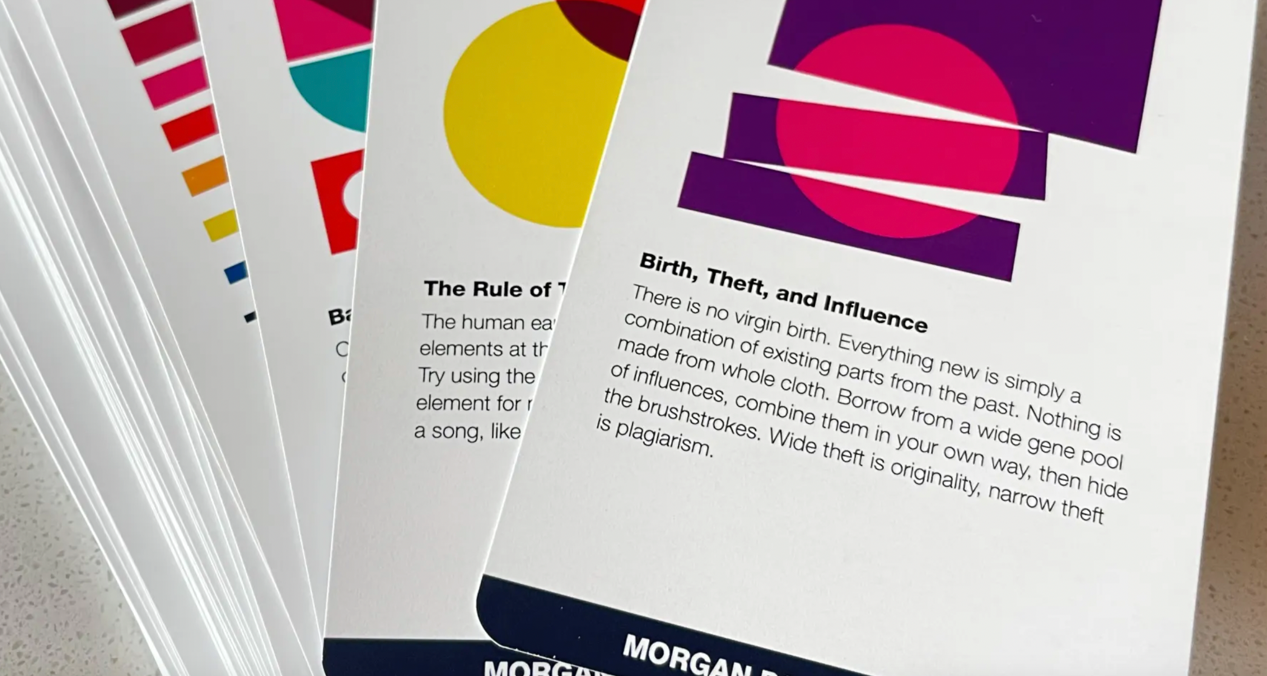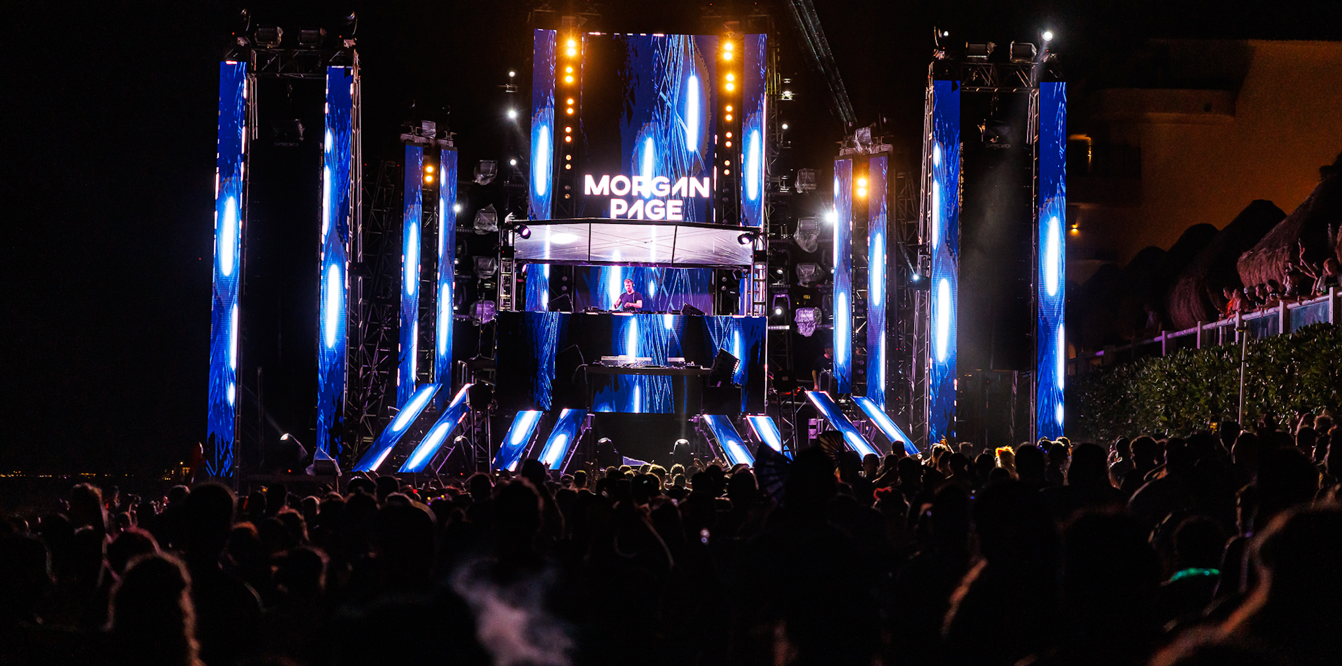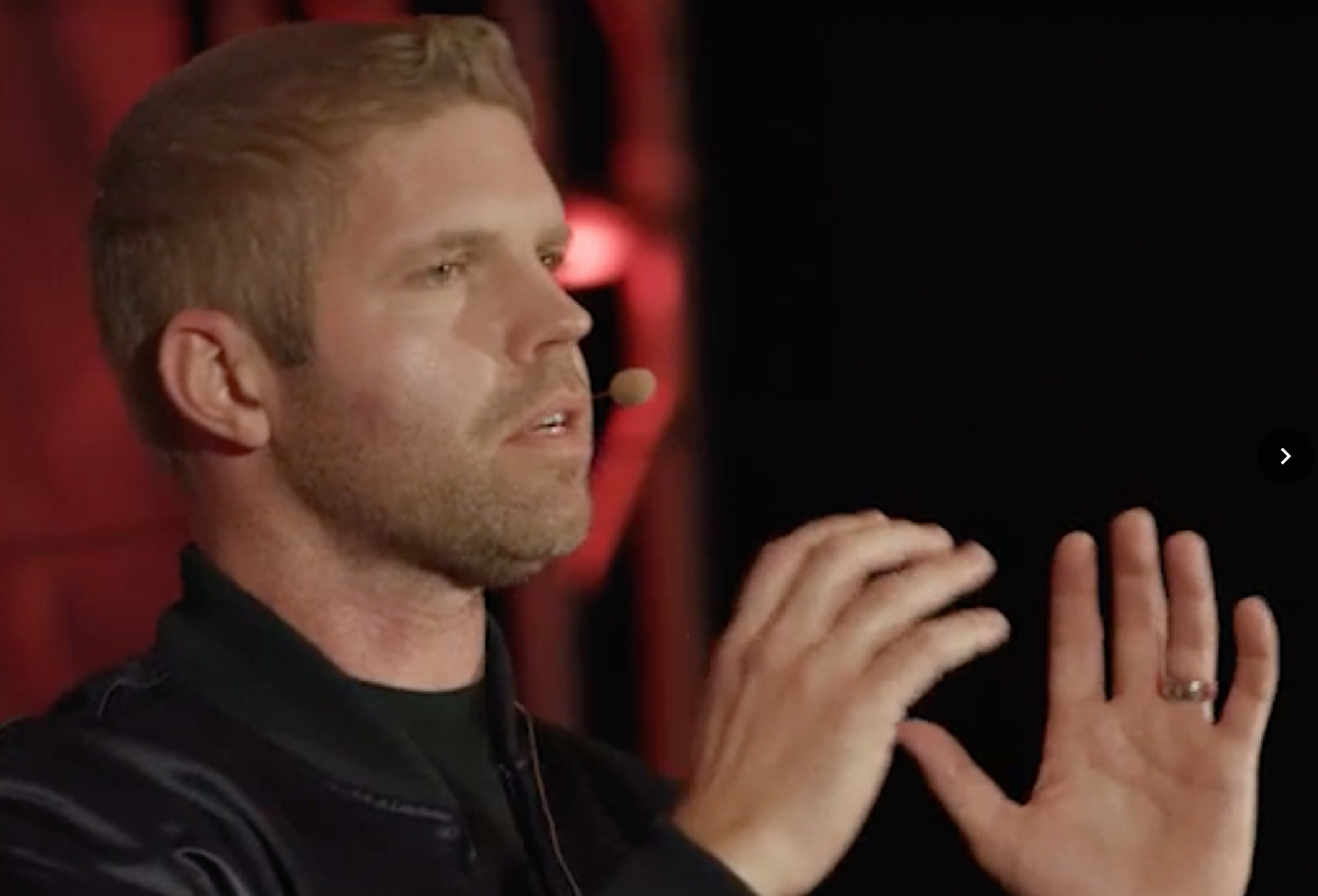Headliner dives deep into Morgan Page's masterclass at JBL Fest 2022 in Las Vegas, as the electronic producer and DJ uses bespoke Quick Tip Cards to achieve 'the flow state' in front of an audience of influencers, emerging creatives, and audio professionals...
Before we take the plunge here, let's take a look at Quick Tip Cards as a concept, and what this Morgan Page masterclass is all about: it essentially started by Page writing 'tips' down for music production. That led to a 900-strong spreadsheet of tips, which he then took to Twitter, randomising the tips and firing three out per day as Tweets. That gave him valuable market research, and led to the creation of a 56-card deck of Quick Tip Cards, designed to achieve 'the flow state'. And here we are.
“These [Quick Tip] Cards are like knowledge compression,” opens Page, who is addressing an already highly engaged and notably eclectic audience. “Boil them down so they're in your hand with no distractions; take them on a plane or into the studio, and get into the flow state faster.”
That's his mantra: the flow state. “It's a wholistic process that repeats itself,” he explains, and to achieve that in his workflow, he created six categories for his Quick Tip Cards, which started out in music production world, although their reach is far more wide and varied, and can help anyone in any industry, he claims.
Category one is Philosophy: his approach before getting into the studio, getting the mental state right; two is Preparation, where he gets his materials and tools ready - “get the plumbing right, so it's not left to right brain,” he smiles, adding that the templates need to be ready to go off the bat. Category three is Composition, which he has a lot to say about:
“Building the song note by note, beat by beat – it's the 'generating the ideas' stage, building the raw ideas, riffs, melodies, bass lines... Work as quick as possible in there, where you're not thinking about mixing, you're just in that one zone.”






